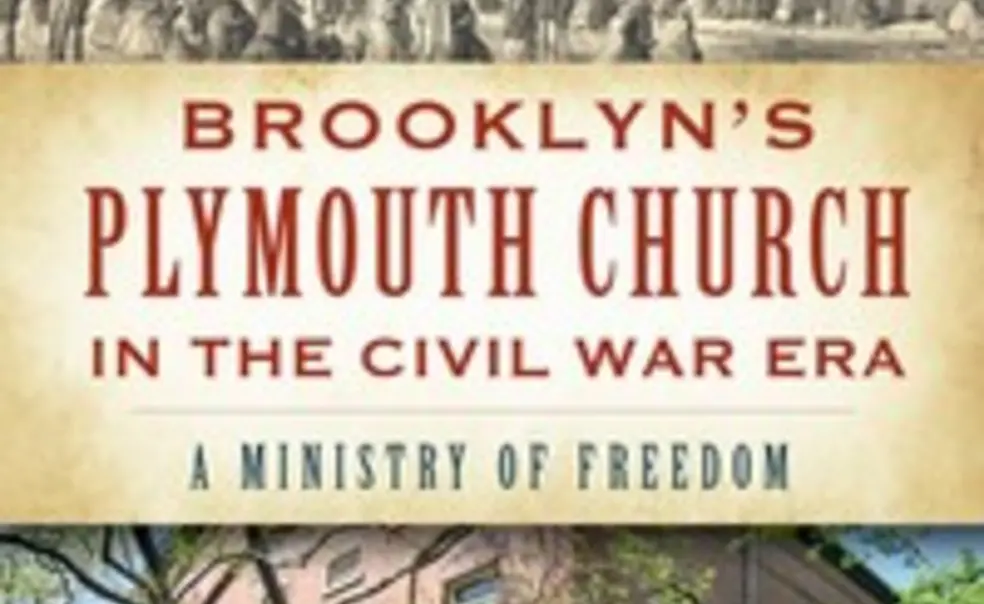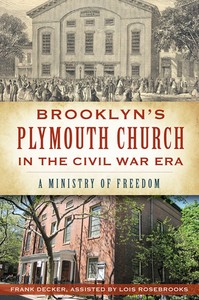Decker ’58 Examines a Church's Role in the Antislavery Movement
Brooklynâs Plymouth Church in the Civil War Era: A Ministry of Freedom, by Frank Decker â58, assisted by Lois Rosebrooks
(The History Press)The author: Decker is a longtime member of Plymouth Church, serving on its governing council from 1993 to 1999, and as its president for three years. In 2007, after Decker retired from the practice of law, he and Rosebrooks succeeded in having the church listed as a site on the National Underground Railroad Network to Freedom. In 2009, he wrote and presented a paper on Henry Ward Beecher and the Plymouth congregation, which was published in the International Congregational Journal. Decker also was an associate editor for two volumes of The Law Practice of Alexander Hamilton.The book: Brooklynâs Plymouth Church in the Civil War Era examines the Brooklyn-based bastion of anti-slavery sentiment: Plymouth Church of the Pilgrims, led by Henry Ward Beecher. Plymouth Church was not only publicly important in the fight for abolition â holding mock slave auctions, raising money to purchase freedom for slaves, and sending guns nicknamed âBeecherâs Biblesâ to those struggling for a free Kansas â but it also was a busy Underground Railroad station. Once the Civil War broke out, the congregation helped raise troops and supplies for the U.S. Army.
Opening lines: âHenry Ward Beecher â minister of Brooklynâs famous Plymouth Church â has been called âthe most famous man in America.â His story has been told many times: He had a flair for the dramatic that included conducting sensational mock slave auctions and delivering sermons and speeches that newspapers across America often quoted. He wrote articles that he signed with an asterisk and, therefore, was called the first âstarâ reporter. Abraham Lincoln invited him to deliver the address at the raising of the flag at Fort Sumter at the end of the Civil War because of his support of the Union cause during the war. By contrast, while Beecher was certainly important, Plymouth Church was much more than Beecher.âHave you published a book or do you have an upcoming performance, exhibition, or other arts-related event? Let us know.











No responses yet